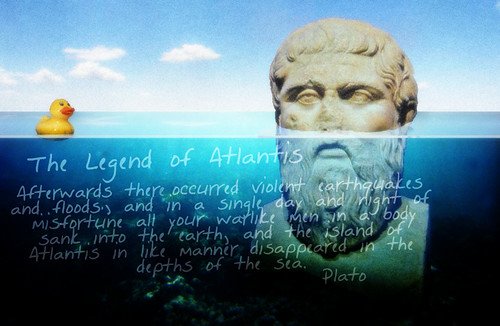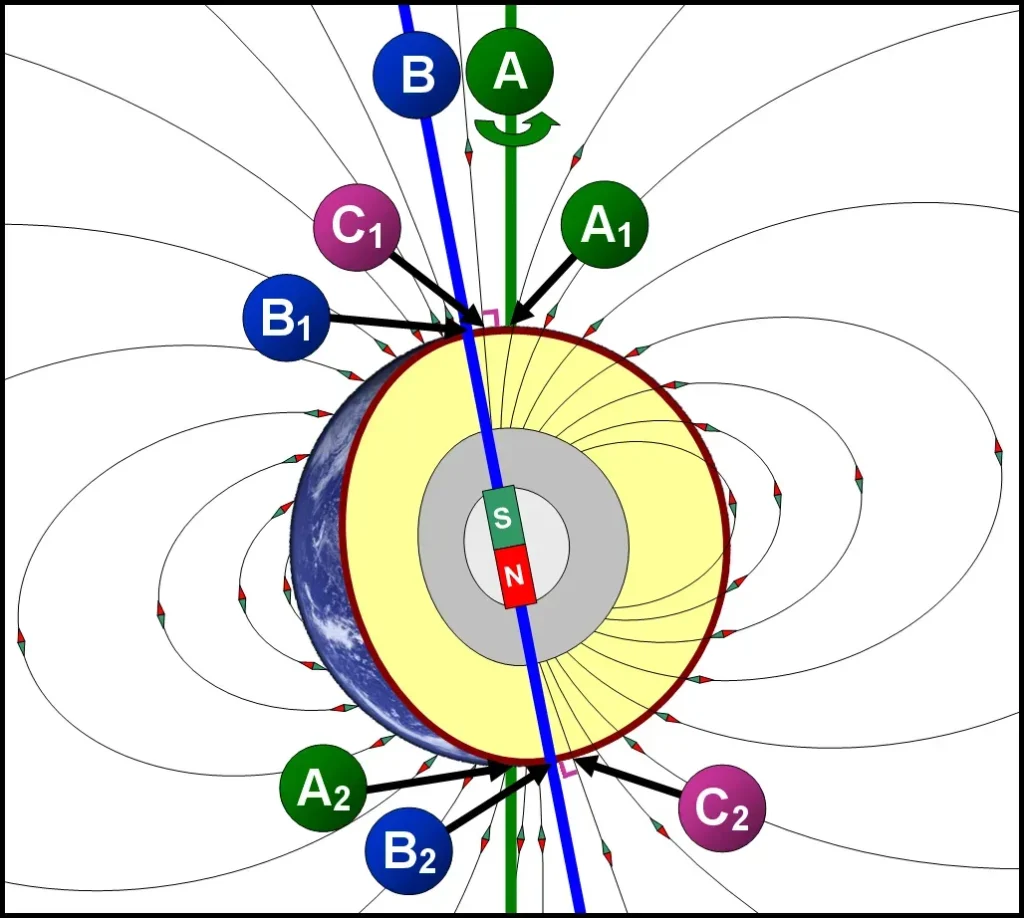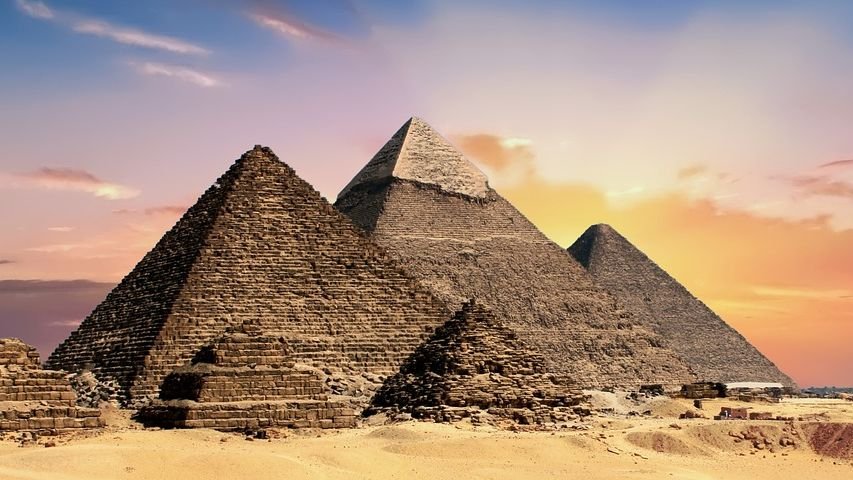Imagine a colossal island nation, teeming with advanced technology, glittering palaces, lush forests, and a navy so massive it could conquer the world. Now imagine it vanishing beneath the waves in a single, catastrophic day. That’s the spellbinding myth of Atlantis—a story that’s haunted the imagination of dreamers, scientists, and explorers for over two thousand years. As you read on, prepare to dive deep into Plato’s mysterious tale, unravel the clues he left behind, and ask yourself: was Atlantis a real place, a clever allegory, or something far stranger?
Plato’s Mysterious Tale: The Birth of the Atlantis Legend
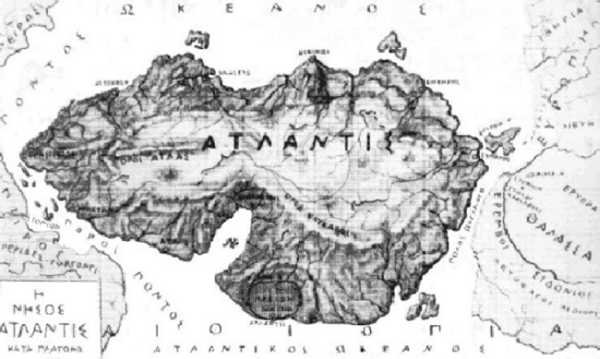
The legend of Atlantis first came to light in the writings of the Greek philosopher Plato around 360 BCE. He introduced Atlantis in two of his dialogues, “Timaeus” and “Critias,” describing it as an immense island beyond the Pillars of Hercules—what we call the Strait of Gibraltar today. According to Plato, Atlantis was a powerful and advanced civilization that existed about 9,000 years before his own time. His vivid narrative painted Atlantis as both a utopia and a cautionary tale, blending historical curiosity with moral lessons. The enigmatic nature of Plato’s account has sparked endless debate: was he recounting a lost history, or using fiction to make a philosophical point? The ambiguity is part of what makes Atlantis such a gripping mystery.
The Setting: A Paradise Beyond the Pillars
Plato described Atlantis as an island larger than Libya and Asia combined, situated in the Atlantic Ocean. This paradise, according to his account, boasted fertile plains, towering mountains, and an abundance of wildlife. Rivers and canals crisscrossed the land, supporting lush crops and orchards. The Atlanteans supposedly enjoyed a mild climate, with warm breezes and gentle rains nourishing their fields. The capital city was a marvel in itself, built in concentric rings of land and water, with bridges and tunnels connecting every part. Such vivid details have left readers over the centuries wondering if Plato was describing a real place lost to time, or an idealized dreamland that never existed.
The People of Atlantis: Masters of Science and Architecture
Atlantis was said to be home to a race of people blessed with both wisdom and power. Plato portrayed the Atlanteans as master architects and engineers, constructing grand temples, harbors, and palaces adorned with gold, silver, and ivory. Their technological prowess was legendary, from complex irrigation systems to imposing walls that glimmered in the sunlight. Atlanteans valued knowledge and innovation, embracing advancements that set them apart from other ancient civilizations. However, this mastery also sowed the seeds of their eventual downfall, as pride and ambition clouded their judgment.
Society and Government: An Orderly Utopia
Plato’s Atlantis wasn’t just advanced in technology—it boasted a sophisticated political system. The island was divided into ten kingdoms, each ruled by a descendant of Poseidon, the god of the sea. Laws were carved into a sacred pillar in the city’s center, and justice was administered with a careful balance of reason and authority. Atlantean society sought harmony, emphasizing cooperation and the common good. Yet, as time passed, this order began to crumble, and corruption crept in. Plato’s story reminds us that even the most ideal societies are vulnerable to human flaws.
The Role of the Gods: Poseidon’s Legacy
At the heart of Atlantis lies a divine connection. According to Plato, the island was gifted to Poseidon, who fell in love with a mortal woman named Cleito. Together, they had ten sons, each ruling a portion of Atlantis. Poseidon’s influence was everywhere—temples dedicated to him dominated the city, and his trident became a symbol of power. The gods watched over the Atlanteans, guiding and protecting them—at least, until the people’s arrogance angered them. This mythic backdrop adds a layer of mystical allure, blurring the lines between legend and potential reality.
The Great Catastrophe: Atlantis Sinks Beneath the Sea
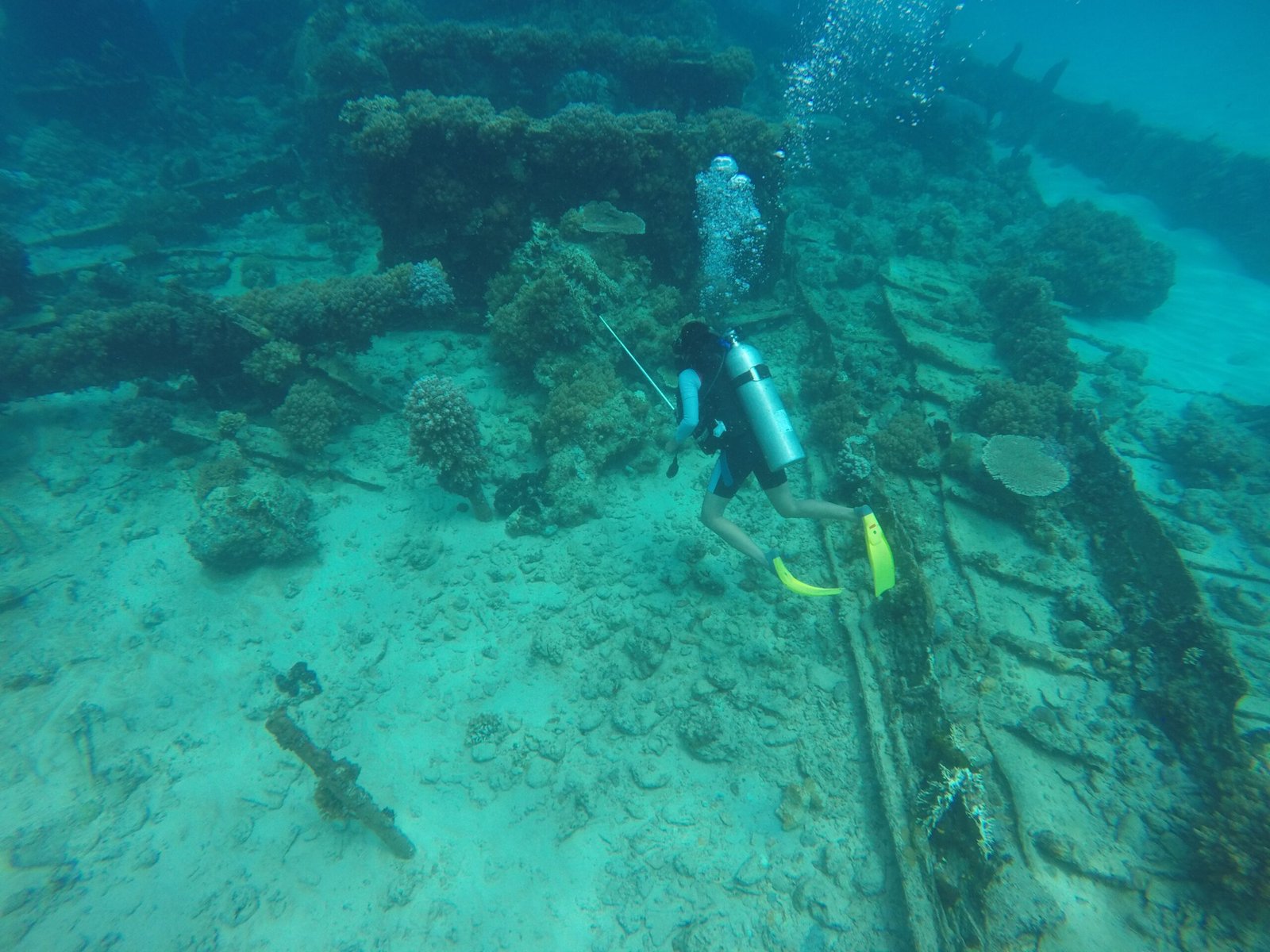
The most captivating and tragic element of the Atlantis legend is its sudden destruction. Plato recounts that, in a single day and night of misfortune, earthquakes and floods swallowed Atlantis, leaving no trace behind. The wrath of the gods, provoked by the Atlanteans’ hubris and moral decay, unleashed nature’s fury. This apocalyptic vision has haunted storytellers and scientists alike. Was Plato describing a real geological disaster, like a tsunami or volcanic eruption? Or was this the ultimate warning of what happens when a society loses its way?
Allegory or History? The Philosophical Puzzle
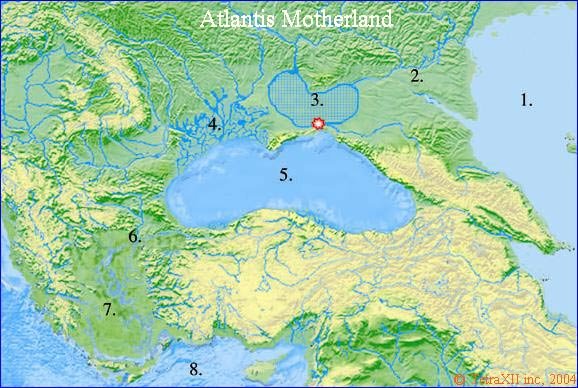
For centuries, scholars have debated whether Plato intended his tale as literal history or philosophical allegory. Some believe he used Atlantis as a metaphor for the dangers of unchecked ambition and the importance of moral virtue. Others argue there might be a kernel of truth buried in his words, inspired by memories of ancient catastrophes or lost cultures. This ambiguity keeps the story alive, challenging each generation to interpret it anew. Whether fact or fiction, Plato’s Atlantis forces us to reflect on the fragility of civilization.
The Search for Atlantis: Lost Cities and Sunken Dreams
The hunt for Atlantis has inspired countless explorers, archaeologists, and dreamers. From the Mediterranean to the Caribbean, people have scoured the seas and pored over ancient maps, chasing whispers of a lost world. In the 20th and 21st centuries, advances in sonar and underwater archaeology have revealed sunken cities, but none quite match Plato’s grand description. Some theorists point to the island of Santorini, devastated by a volcanic eruption, while others suggest locations as far-flung as Antarctica or the Bahamas. The search itself has become part of the legend.
Scientific Perspectives: Could Atlantis Have Existed?
Modern science approaches the Atlantis question with healthy skepticism but also curiosity. Geologists and oceanographers have studied the possibility of ancient landmasses disappearing beneath the sea. Events like the eruption of Thera (Santorini) or the flooding of Doggerland in the North Sea show that dramatic changes have shaped Earth’s history. While no evidence directly supports the existence of Atlantis as Plato described it, the world’s oceans do hold secrets from our distant past. The idea of lost civilizations isn’t as far-fetched as it once seemed.
Unraveling the Timeline: Fact, Fiction, or Both?
Plato claimed Atlantis existed 9,000 years before his own time—a date that puzzles historians. This would place Atlantis long before known advanced cultures like Ancient Egypt or Mesopotamia. Some suggest he exaggerated the timeline to make a point, while others speculate he confused years with months or used mythic numbers. The lack of corroborating records from other ancient sources makes it difficult to pin down the truth. This uncertainty only deepens the intrigue, inviting endless speculation and debate.
Symbolism in Plato’s Account: Lessons for Humanity
Many scholars read Atlantis as a powerful symbol rather than a lost city. Plato used the story to illustrate the perils of pride, wealth, and the abandonment of ethical values. Atlantis was a civilization that had everything—power, knowledge, resources—but lost it all through arrogance. This theme resonates today, reminding us of the delicate balance between progress and humility. Atlantis becomes a mirror, reflecting our own hopes and fears for the future of society.
Inspiration for Art and Literature: Atlantis in Culture
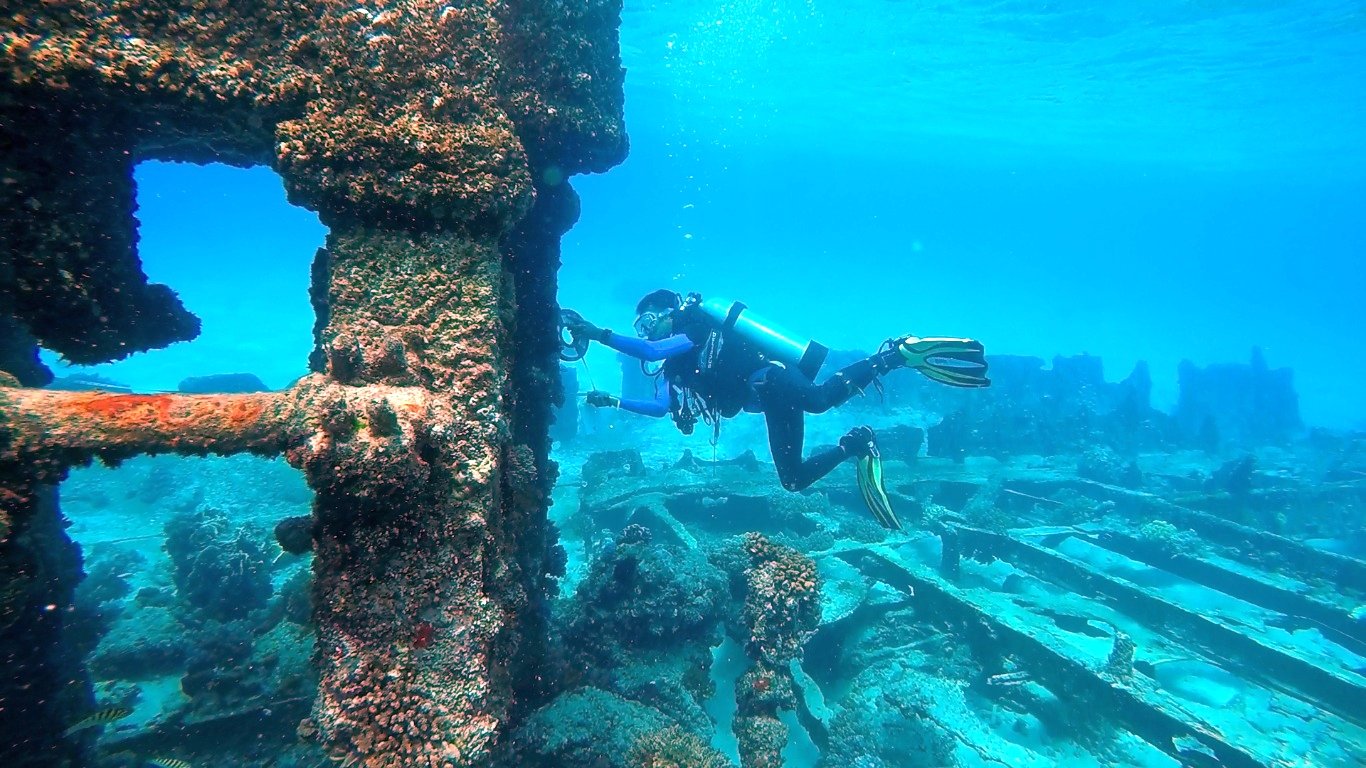
The legend of Atlantis has inspired generations of writers, artists, and filmmakers. From ancient poetry to blockbuster movies, the image of a sunken paradise captivates our imagination. Atlantis stands alongside other mythical lands like El Dorado and Shangri-La, representing humanity’s longing for lost wisdom and hidden wonders. Its story has been reinvented countless times, each new version adding layers to the myth. Even today, Atlantis remains a fertile ground for creativity.
Modern Theories and Pseudoscience: The Allure of Mystery
Atlantis has become a magnet for outlandish theories and fringe science. Some claim links between Atlantis and aliens, while others suggest it was the cradle of all civilization. These ideas, while lacking evidence, reflect our desire to believe in hidden truths and cosmic mysteries. The legend has evolved beyond Plato’s original tale, absorbing new meanings with each retelling. For many, the search for Atlantis is less about finding a place and more about exploring the limits of our imagination.
Underwater Discoveries: Separating Fact from Fiction
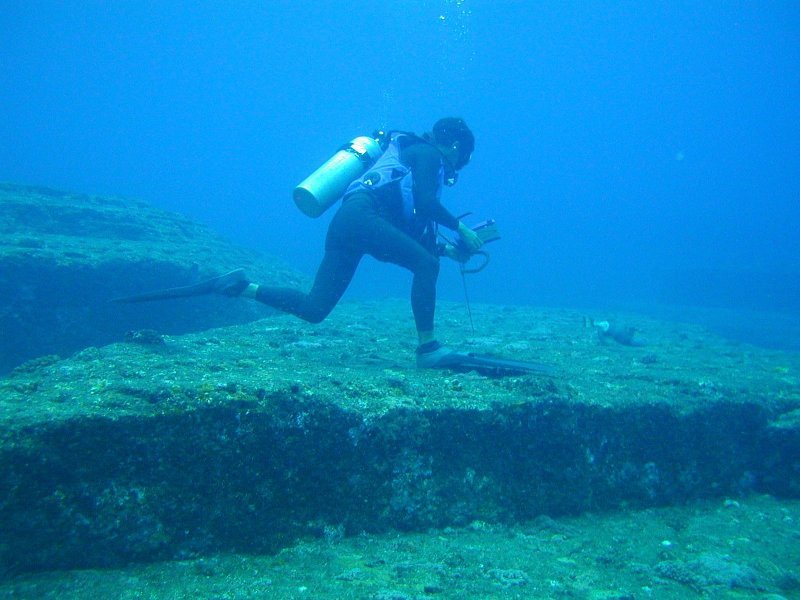
Recent advances in underwater exploration have uncovered astonishing ruins, from the sunken city of Heracleion off Egypt’s coast to mysterious stone structures in the Caribbean. These discoveries fuel speculation about lost civilizations and inspire new theories about Atlantis. Yet, none have matched Plato’s detailed account, and most are tied to known historical cultures. The ocean remains a vast, largely unexplored frontier, keeping the dream of finding Atlantis alive for adventurers and scientists alike.
Atlantis and the Human Psyche: Why We’re Obsessed
What is it about Atlantis that fascinates us so deeply? Perhaps it’s the idea of a perfect society that fell from grace, or the hope that somewhere, hidden beneath the waves, lies a treasure trove of forgotten knowledge. The legend speaks to our yearning for discovery and our fear of losing what we cherish. Atlantis is a story about possibility, loss, and the eternal quest for meaning. Like all great myths, it tells us as much about ourselves as it does about the world.
Natural Disasters in History: Parallels with Atlantis
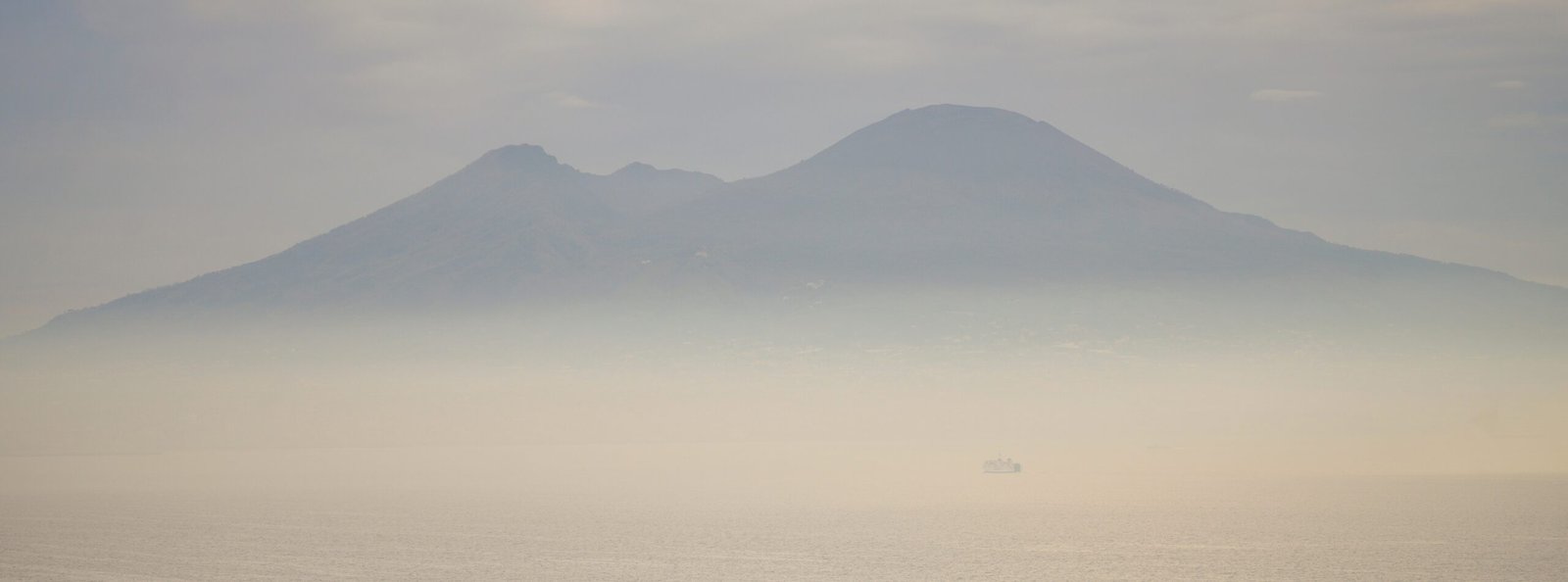
Throughout history, entire cities and cultures have been wiped out by natural disasters. The eruption of Mount Vesuvius buried Pompeii in ash; floods destroyed ancient Mesopotamian cities; tsunamis have swept away coastal settlements. These real-world events echo the fate of Atlantis, reminding us that nature can be both nurturing and merciless. Such parallels lend a haunting plausibility to Plato’s story, even if Atlantis itself remains elusive.
The Enduring Appeal of Lost Worlds
Atlantis is just one of many lost worlds that haunt our collective imagination. From the fabled city of Troy to the sunken temples of Dwarka in India, history is littered with stories of places forgotten by time. These tales fuel exploration and inspire wonder, inviting us to question what we know about our past. The mystery of Atlantis endures because it stirs our sense of adventure and sparks the thrill of the unknown.
Ethical Warnings: Hubris, Greed, and the Fall of Societies
At its core, the Atlantis myth is a warning. Plato’s story is a reminder that no society—no matter how powerful or enlightened—is immune to collapse if it loses sight of its values. Hubris, greed, and moral decay are timeless threats, capable of undermining even the greatest achievements. The rise and fall of Atlantis serve as a cautionary tale for every generation, urging us to balance ambition with wisdom and compassion.
Atlantis Today: A Living Legend
More than two millennia after Plato first described Atlantis, the legend is more alive than ever. It continues to inspire research, debate, and creative works, weaving its way into the fabric of modern culture. For some, Atlantis is a tantalizing historical puzzle; for others, it’s a symbol of lost innocence or unrealized potential. The enduring fascination with Atlantis proves that some mysteries are too powerful to fade, forever calling us to seek answers in the depths of our imagination and the oceans themselves.

